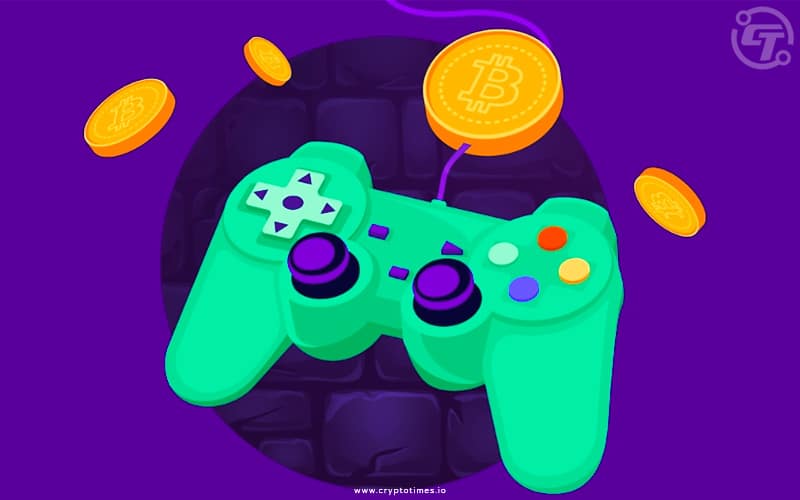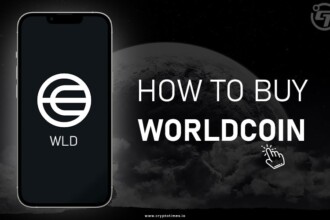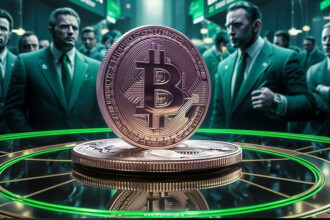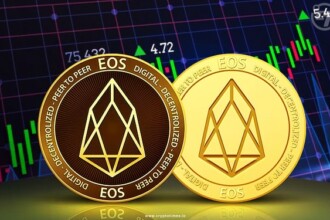While the world of digitalization is continuously evolving, most sectors are seeing drastic transformations, and the gaming world is not an exception in this case. With the rising popularity of RPGs, play-to-earn games, and others, in-game utilities and assets are not less valuable than real-world assets for game lovers.
But now it is time to level up your game and own your assets! Yes, you read right. Because the gaming industry has been transformed by a fascinating concept called ‘tokenization.’
Gone are the days of simple high scores and bragging rights. Blockchain technology is introducing true digital asset ownership, provable scarcity, and interoperability across the metaverse.
So, by bringing real economic incentives to gaming, tokenization enables play-to-earn models where players are rewarded for their skills and time.
In this article, we will explore the endless possibilities of tokenization, its impact on gamers and developers, current challenges, and future prospects.
Let us dive in.
Tokenization In Gaming
Before diving into tokenization and how it impacts gaming, you might want to know what tokenization means.
Tokenization is the process of issuing a digital representation of an asset on the blockchain. It is the process of creating a unique cryptographic representation of an asset that can easily be verified and traded.
Tokenization allows game developers to incorporate new forms of in-game ownership and incentives.
Imagine you play a game that, in its ecosystem, has a rare armor item that only 100 users can own in the game. The game developers would have created this unique item in a way that the token could have the armor’s image and state embedded in it.
So if you need it, you can either win this armor or buy the tokens on an in-game marketplace using other cryptocurrencies (same as in-game utilities). Now, when you buy these assets, they appear in your game play store for use. You can also resell it if you no longer want the armor.
Tokenization has had a major impact on the gaming industry in recent years. It has been able to do this by creating unique digital assets and currencies on the blockchain.
One of the ways tokenization has improved gaming is by enabling true digital ownership of in-game assets. Rather than game companies retaining ownership of all in-game items, blockchain tokens allow players to truly own rare digital assets like skins, collectibles, and equipment. This provides new value for players who can trade or sell these assets.
Tokenization has also enabled a systematic new player-driven economy in games. This is made possible because cryptocurrency tokens and NFTs allow decentralization. So, players-run marketplaces for trading in-game assets.
This also gives players new ways to earn real value from game time through “play-to-earn” models.
If you are looking for some good gaming platforms with good incorporation of tokenization and hope to make some money, check out this famous crypto slots.
Impact Of Tokenization On Gamers And Developers
The impact or importance of tokenization is endless, as it has become a strategy for both gamers and developers alike.
Aside from the fact that tokenization in gaming enhances the gameplay experience and, for developers, helps them create new revenue streams and marketing strategies, other impacts of this technology idea include the following:
1. Customization of Assets
If you have been reading this article, then you will have found out by now that tokenization allows players to own assets. But that is not the whole thing. Players can customize and personalize their unique wins or in-game assets like characters, items, and virtual currency.
The ability to customize these in-game assets is why players can enjoy a unique gaming experience in style and preference.
2. In-game Economy
Developers can incentivize certain behaviors by rewarding players with branded utility tokens.
For example, players could get tokens for achieving certain milestones that give access to special game content. Tokens create new retention and monetization opportunities.
Tokenization allows developers to tap into the value of user-generated content and in-game economies. They can take a cut of trades happening through blockchain markets. Tokens also create opportunities for crowdsourcing development by selling branded tokens to fund projects.
3. Game Fairness
Tokenization brings fairness to both players and developers. It enables secure and efficient transactions within the game, while the security developed by the developers back with blockchain allows for a secure and transparent platform for trading the assets or purchasing them.
This helps to reduce fraud and other malicious activities, with low fees and great efficiency within the game platform.
Key Challenges and Concerns
While tokenization has improved the gaming experience, it is faced with some challenges and concerns. Some of which include:
1. Volatility
Cryptocurrency prices are highly volatile compared to real-world assets and fiat currencies. For example, a game token’s value may rise 10x one month and crash 50% the next. This volatility can destabilize in-game economies, making assets bought for high prices suddenly worthless. Players may abandon games if token values swing too wildly.
2. Scalability
Leading blockchains like Ethereum can currently only process 10-30 transactions per second, while games can require tens of thousands per second. Transaction fees on blockchains also vary based on activity. This can make in-game microtransactions costly and slow. Though solutions like sidechains are being developed, scalability remains a barrier to mainstream adoption.
3. Security
Securing crypto wallets and private keys introduces new risks of fraud or hacking compared to traditional centralized game accounts. Players could lose token assets worth real money. Developers need to implement multi-factor authentication, cold wallet storage, and other security measures to build confidence.
4. Legal Uncertainties
Laws around cryptocurrency vary across different countries and are still evolving. This can create issues for taxation, regulations, and liability for in-game token transactions. Clear legal frameworks are needed for developers and players to Feel confident participating.
5. Game Design
Integrating compelling gameplay with robust token economies is complex for developers. Simply bolting on tradable tokens creates poor experiences. Designing fun games alongside healthy economies will require testing and iteration.
Previously, Ronin network, the Ethereum sidechain for NFT game Axie Infinity, suffered an exploit of over $600M which was discovered only 6 days after the hack attack, making it one of the biggest cyber attack in the space.
Future Prospects
Despite current challenges, tokenization appears to have transformed gaming in exciting ways. As blockchain technology matures, it can potentially resolve issues like scalability.
With thoughtful regulation, legal uncertainty around cryptocurrencies can give way to mainstream legitimacy.
As user adoption grows, tokenized in-game assets could evolve into a thriving digital economy where players collectively own and operate gaming environments. Interoperability may enable truly open metaverse-like game worlds to emerge.
Tokenization could shift power and profits into the hands of players by properly aligning incentives between developers and communities. This people-centric model represents a more equitable and accessible vision for the industry’s future.
NFT games like Axie Infinity give glimpses of new “play to earn” models where virtual work gets fairly rewarded. Such innovations could evolve gaming from an extractive business to one that creates livelihoods for people worldwide.
Also Read: Afford the Unaffordable: Tokenizing Real-World Assets
Conclusion
Tokenization is opening new frontiers in gaming by enabling player-owned assets, decentralized economies, and incentivized experiences. Despite current adoption challenges, tokenization appears poised to transform gaming into a more accessible, equitable, and rewarding medium.
Realizing this potential requires thoughtful implementation that focuses on creating utility and value for all stakeholders. With careful guidance, the era of the meta gaming economy could unlock an exciting new chapter in the evolution of games.







